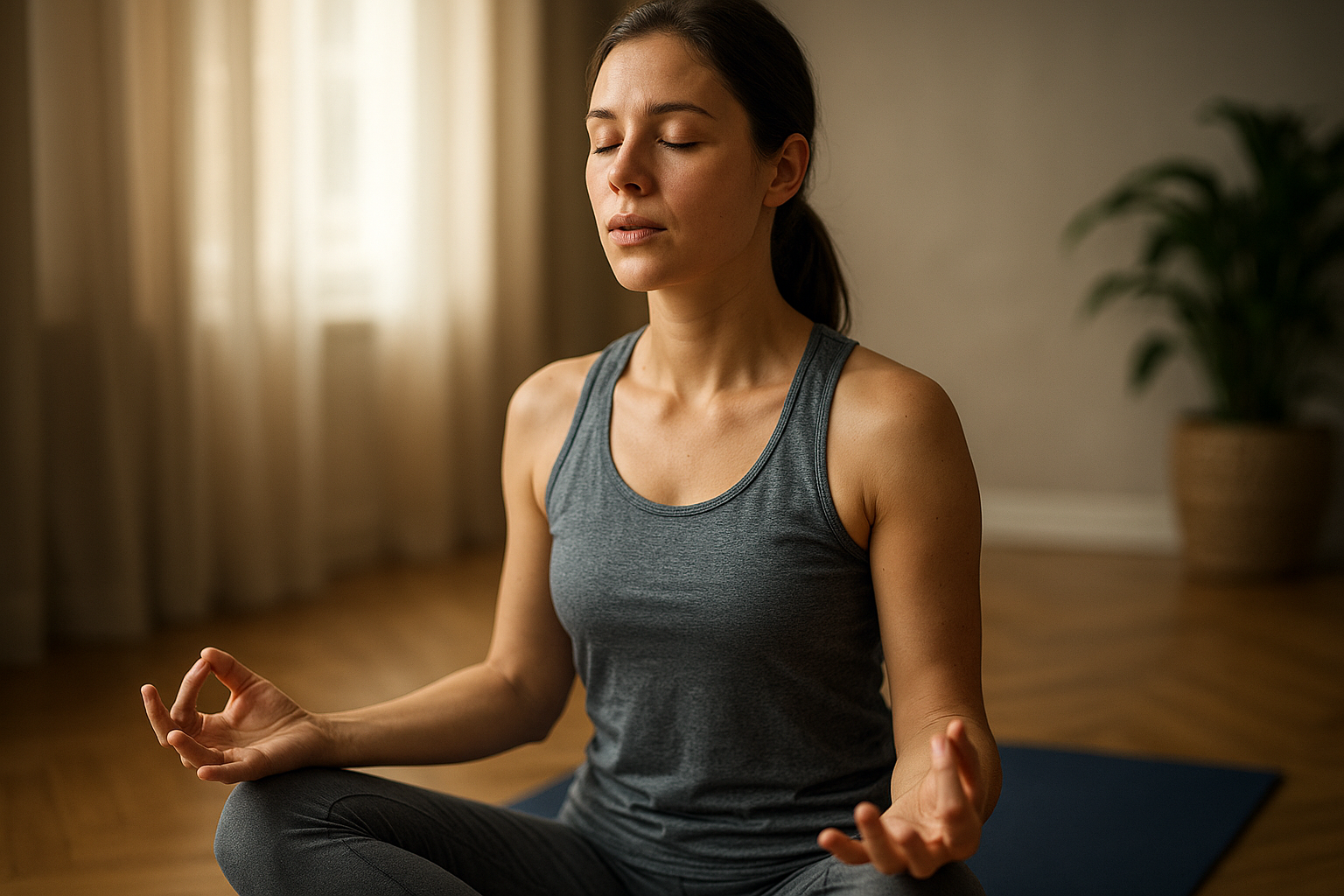How Simple Routines Support Self-Care
In the fast-paced world of 2025, where technology connects us instantly and demands seem unending, prioritizing self-care has become more crucial than ever. Self-care is not just about occasional indulgences or spa days; it’s about consistently nurturing your physical, emotional, and mental well-being. One of the most effective ways to ensure this is through simple, manageable routines that integrate seamlessly into daily life. This article explores how simple routines can support self-care, providing structure, reducing stress, and promoting lasting wellness.

The Power of Consistency: Making Self-Care a Habit
At its core, self-care is about taking intentional actions to look after yourself. However, many people find it difficult to maintain self-care practices because they rely on motivation alone, which can fluctuate. This is where simple routines become invaluable.
Routines provide consistency. When you establish a daily or weekly pattern of self-care activities, they become habitual rather than optional. For example, dedicating five minutes every morning to mindfulness or journaling can gradually build resilience against stress. By embedding such practices into your day, you reduce the mental energy spent deciding when or whether to practice self-care.
Scientific research supports this idea. Studies from behavioral psychology reveal that habits formed through repetition become automatic, making it easier to maintain positive behaviors long-term. In 2025, with increasing awareness around mental health, many wellness apps and programs emphasize habit formation as a cornerstone for effective self-care.
Practical Tips for Building Simple Self-Care Routines
- Start small: Choose one manageable activity like drinking a glass of water first thing in the morning.
- Set specific times: Schedule self-care at consistent times to create predictability.
- Use reminders: Alarms or notes can help reinforce new habits.
- Reflect regularly: End the week by noting benefits or challenges to adjust your routine accordingly.
Reducing Overwhelm: How Simple Routines Combat Stress
Life’s demands can often feel overwhelming, leading to burnout and anxiety. One reason is the unpredictability and constant decision-making that drain mental resources. Simple routines counter this by creating structure and reducing the number of daily choices you must make.
For instance, having a fixed bedtime routine—such as dimming lights, turning off screens, and reading a book—signals to your brain that it’s time to relax and prepare for sleep. This predictability not only improves sleep quality but also lowers stress hormones, supporting overall health.
Moreover, simple routines can act as anchors during chaotic times. When everything feels out of control, routines offer a reassuring sense of normalcy and control. This can be especially beneficial during periods of significant change or uncertainty, which are common in today’s rapidly evolving world.
Examples of Stress-Reducing Routines
- Morning stretches or light exercise to energize the body.
- Scheduled breaks during work to practice deep breathing or brief walks.
- Evening gratitude journaling to shift focus away from worries.
Supporting Holistic Well-Being Through Routine Integration
Self-care is multidimensional, encompassing physical, emotional, social, and spiritual health. Simple routines help you address all these areas in balanced ways without feeling overwhelming.
Physical Self-Care
Incorporating routines like regular hydration, balanced meals, and consistent sleep schedules forms the foundation of physical health. For example, setting an alarm to remind you to stand and stretch every hour can reduce the risks associated with prolonged sitting.
Emotional and Mental Self-Care
Daily practices such as meditation, mindfulness, or creative expression support emotional regulation and mental clarity. Even a five-minute breathing exercise can reduce anxiety and improve focus.
Social Self-Care
Scheduling regular check-ins with friends or family—whether a weekly phone call or a weekend walk—nurtures your social connections, which are critical to emotional well-being.
Spiritual Self-Care
Routine activities like prayer, reflection, or nature walks can foster a sense of purpose and inner peace.
By integrating these simple, varied routines, self-care becomes a comprehensive approach instead of isolated acts. This holistic care strengthens resilience and promotes sustainable well-being.
Overcoming Barriers to Routine-Based Self-Care
While simple routines are effective, some people struggle to implement or maintain them. Common barriers include lack of time, perceived complexity, or feelings of guilt about prioritizing oneself.
To overcome these barriers, it’s important to reframe self-care as essential rather than indulgent. Remember, self-care enhances your ability to care for others and perform well in daily tasks. Additionally, adopting a flexible mindset allows you to adapt routines to fit changing circumstances without abandoning them altogether.
In 2025, the availability of digital tools such as habit trackers, meditation apps, and virtual support communities makes it easier than ever to design and maintain self-care routines tailored to individual needs.
Conclusion
Simple routines serve as powerful supports for self-care by fostering consistency, reducing stress, and addressing holistic well-being. In a world where demands are high and time is limited, integrating small, intentional actions into your daily life can create a foundation for lasting health and happiness. By starting with manageable habits and gradually building on them, anyone can make self-care a sustainable and enriching part of their life in 2025 and beyond.
Disclaimer: All content, including text, graphics, images and information, contained on or available through this web site is for general information purposes only. The information and materials contained in these pages and the terms, conditions and descriptions that appear, are subject to change without notice.






